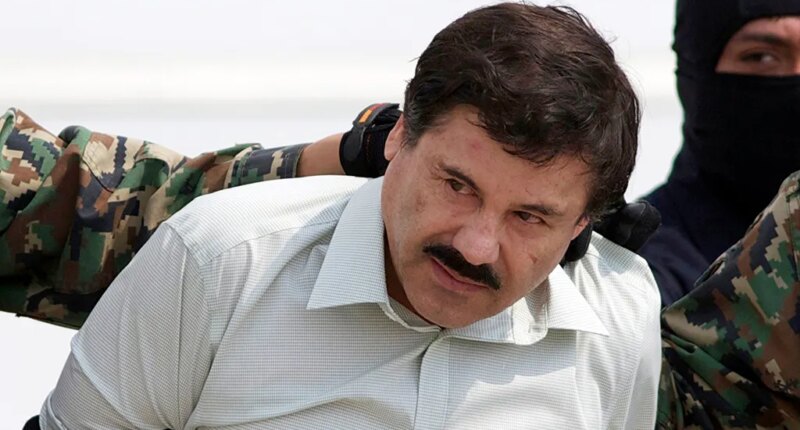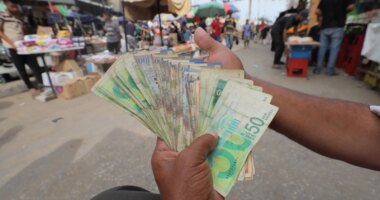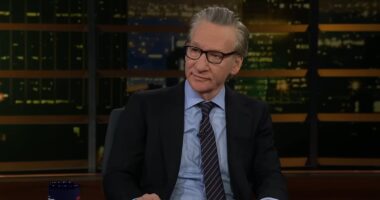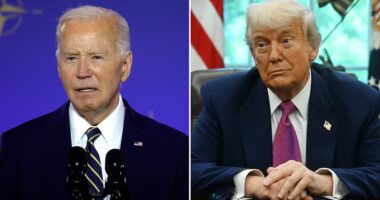A retired Drug Enforcement Administration (DEA) supervisory special agent, Brian Townsend, points out that the Sinaloa drug cartel from Mexico has established a deep-rooted presence in major U.S. cities and smaller towns, to the extent that he describes their reach as being intricately intertwined with the fabric of our communities.
Townsend highlights that the extent of the cartel’s influence is more extensive and damaging than many people realize, as it has firm control over both urban centers and rural regions across the United States.
“Not only do they have a strong presence in well-known cities like Chicago, Los Angeles, Phoenix, Tucson, Dallas, Atlanta, and New York City,” Townsend shared with Fox News Digital, “but they also operate distribution points spread throughout the country, which then serve as hubs for further distribution into our communities.”
The head of the DEA said last year that the U.S. is facing the “most dangerous and deadly drug crisis” in its history with fentanyl and methamphetamine flowing across the border — and that the “Sinaloa and Jalisco Cartels are at the heart of this crisis.”
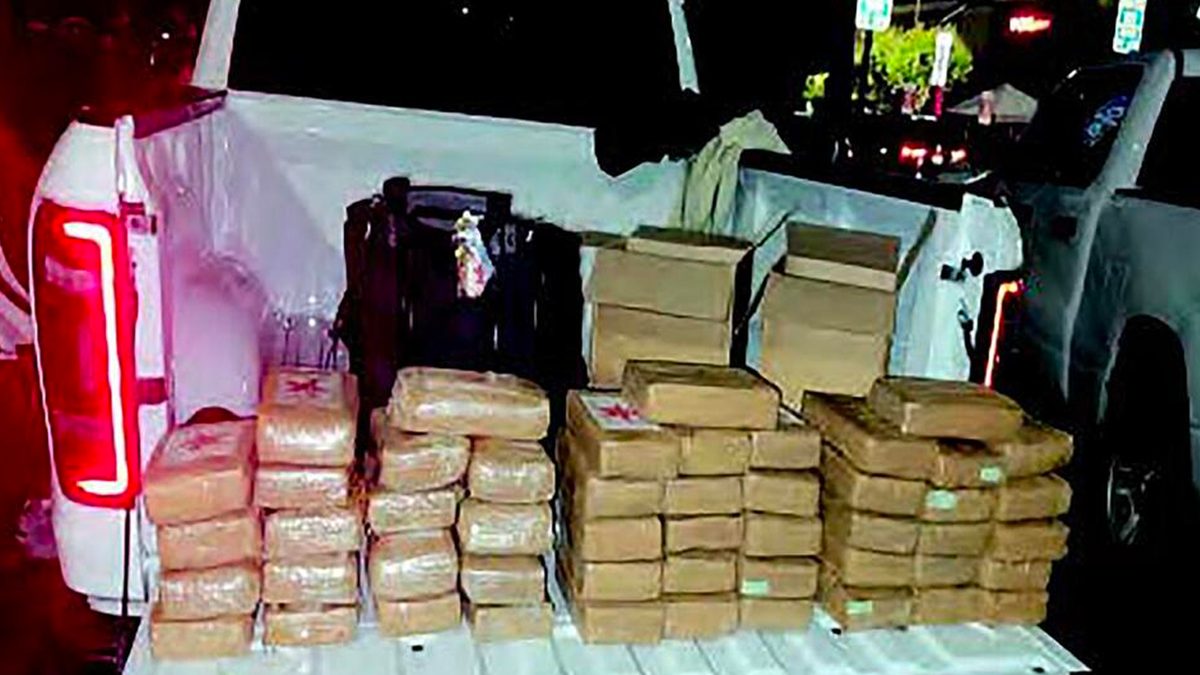
Associates of the powerful Sinaloa Cartel conspired with Chinese groups to cover up more than $50 million in drug profits, much of which was processed in the Los Angeles area, prosecutors said in a news release. (U.S. District Attorney via AP)
Townsend noted that 300 people per day die from drug overdoses in the U.S.
The former DEA agent, who founded Eagle 6 Training, shared that the Sinaloa Cartel works with chemical suppliers to receive the materials for “pennies.”
“It’s primarily from China,” he said. “There are other countries and other suppliers, like India, involved. But China is by far number one.”
“From the ports, they are trucked to various locations where the manufacturing of fentanyl occurs. And then from there, they’re smuggled into the United States.”
Townsend said that the Mexican cartel is “very good at this,” and by adding fentanyl to their distribution they are “making a lot of money killing Americans with it.”
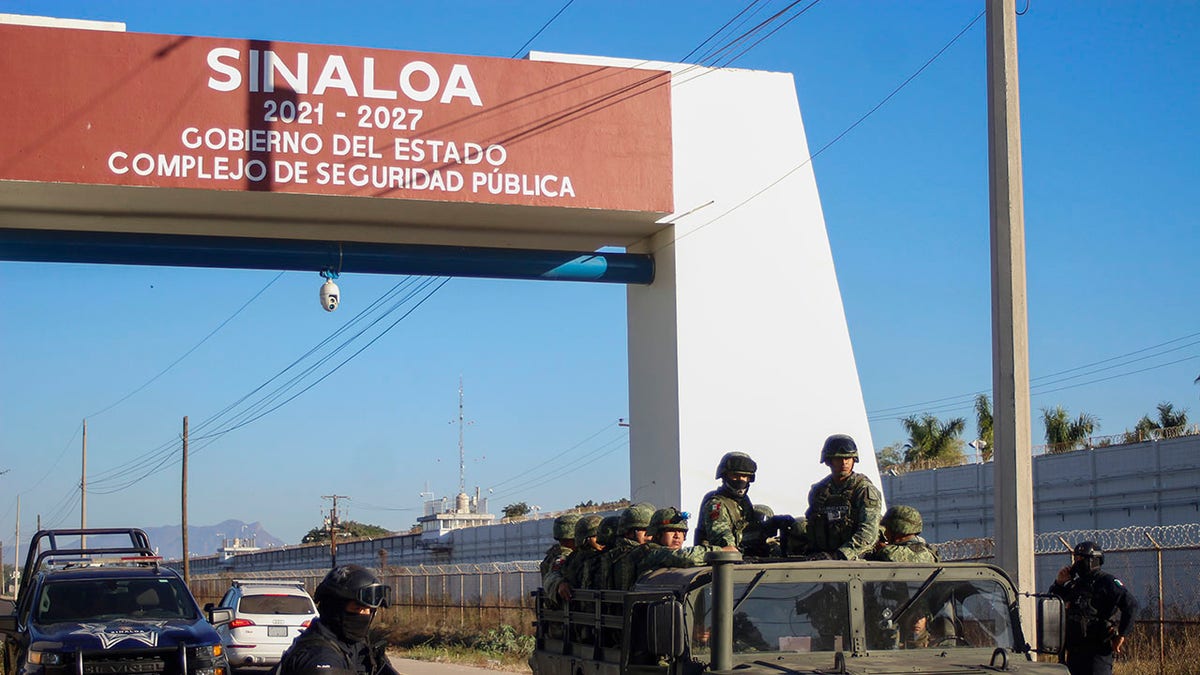
Mexican military and police patrol in Culiacan, Sinaloa state, Mexico, Jan. 6, 2023. (AP)
Irina Tsukerman, a U.S. national security lawyer and the president of Scarab Rising Inc., a security and geopolitical risk strategic adviser, said the Sinaloa Cartel “even surpasses the peak impact of the Sicilian mafia families.”
“With cities like Chicago, Denver and even Oklahoma turning into major operation hubs, Sinaloa has a throttling national hold, a shadow state within a state waging a lethal war on the American people,” Tsukerman told Fox News Digital.
The supply chain
Tsukerman said that what makes the Mexican cartel a “standout” is that they control “every stage of the drug supply chain.”
Terrorist organization classification
The Trump administration plans to designate more than a half dozen criminal groups as foreign terrorist organizations. The move, to be carried out by the State Department, follows an executive order President Donald Trump signed on Jan. 20 calling for a crackdown on major cartels.
Townsend noted that Trump’s more muscular approach to cartel violence has “a lot of advantages,” but he noted that the U.S. should “tread lightly.”
“It’s going to give law enforcement additional resources within the United States. And that typically is more money and more manpower,” he said. “It’s going to make anyone who does business with these organizations illegal.”
“I believe the reason why this is being done is it gives our government more negotiation power with Mexico,” he said. “This gives us some leverage.”
Fox News Digital has reached out to the DEA and the White House for comment.
